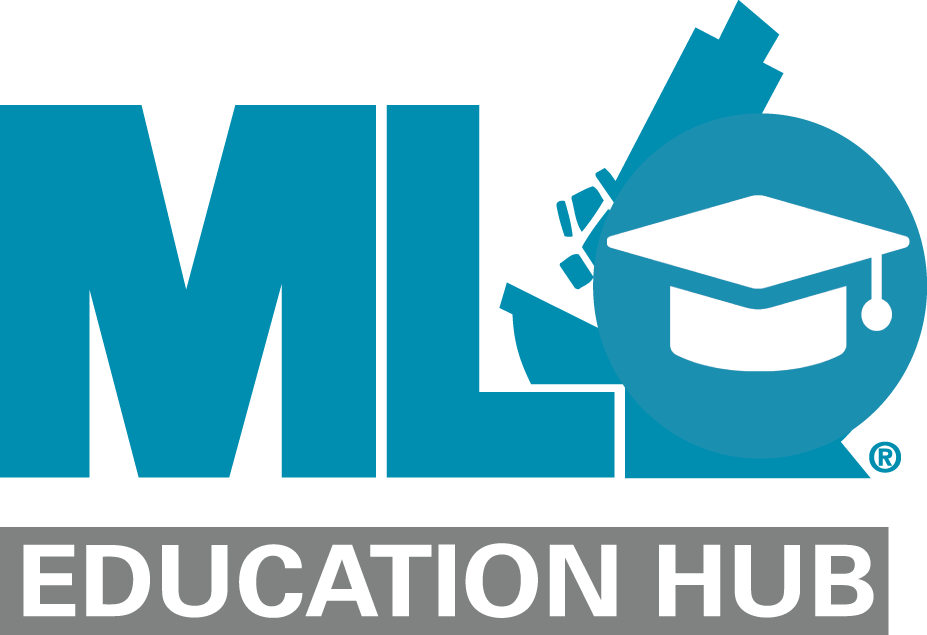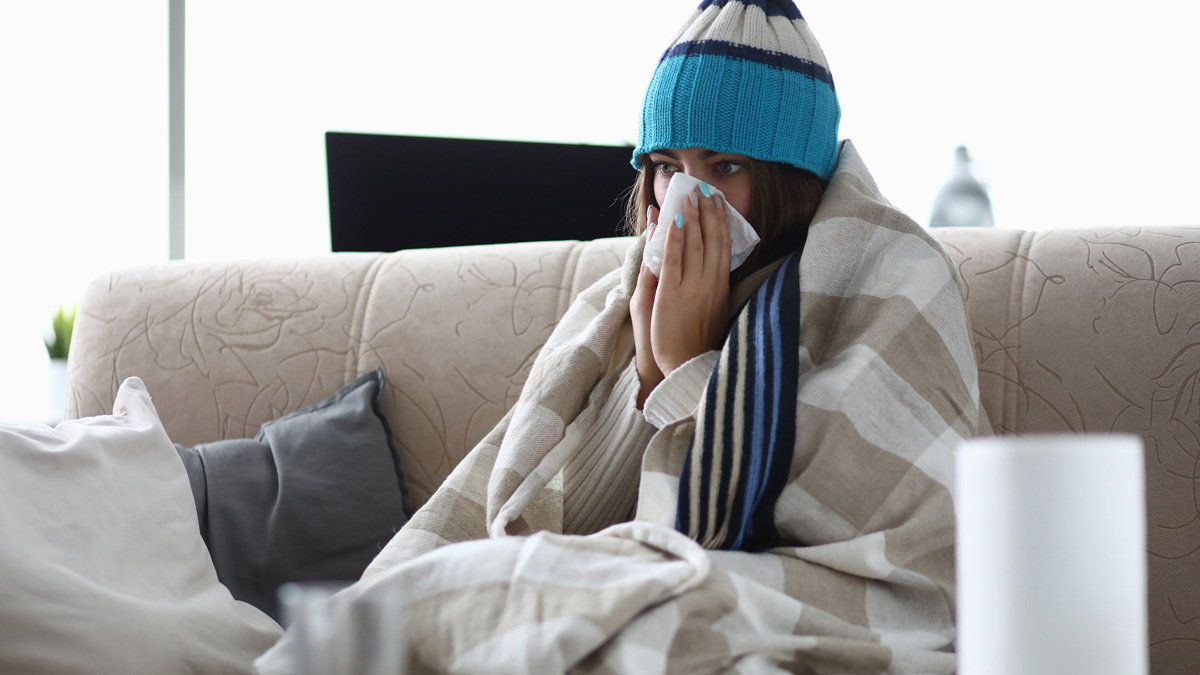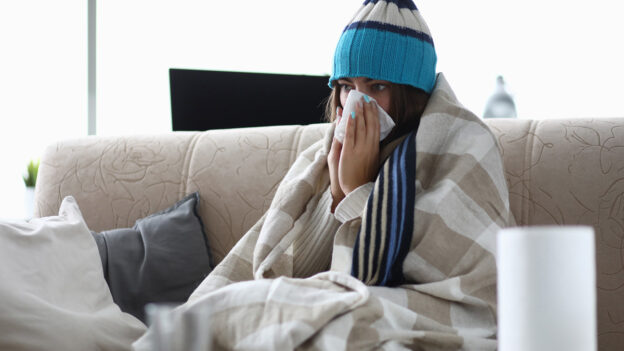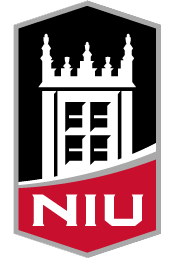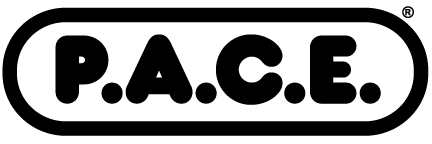By Rajasri Chandra
LEARNING OBJECTIVES
Upon completion of this article, the reader will be able to:
- Discuss healthcare statistics of various respiratory tract infections (RTIs) in the United States.
- List the causative agents of RTIs.
- Describe the serotypes of various viruses causing RTIs and their complications.
- List and describe the benefits and limitations of laboratory diagnosis of RTIs.
About the Author
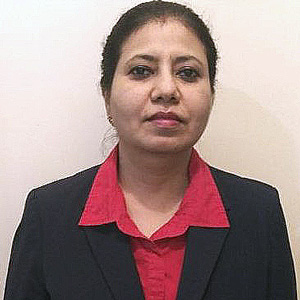
Rajasri Chandra, MS, MBA is a global marketing leader with expertise in managing upstream, downstream, strategic, tactical, traditional, and digital marketing in biotech, in vitro diagnostics, life sciences, and pharmaceutical industries. Raj is an orchestrator of go-to-market strategies driving complete product life cycle from ideation to commercialization.
Photo credit: Photo 163597947 © Kuprevich | Dreamstime.com
